Shutterstock
Canine coaching is essential to fostering a constructive relationship between pets and their homeowners. Sadly, many frequent myths about how canines study and behave can complicate the method. These misconceptions, usually primarily based on outdated recommendation or well-meaning however incorrect info, can result in confusion and frustration. Worse, they might even hurt your canine’s improvement. On this article, we’ll deal with and debunk a number of the most persistent canine coaching myths with science-backed, efficient strategies for higher communication and conduct. Let’s set the report straight!
Optimistic Reinforcement Is Just for “Easy” Canines
 Shutterstock
Shutterstock
One of the pervasive myths in canine coaching is that constructive reinforcement is just efficient for well-behaved or “easy” canines. Many individuals mistakenly consider that constructive reinforcement, like giving treats or reward for good conduct, works solely with canines which are already considerably educated or naturally obedient. This concept couldn’t be farther from the reality. Optimistic reinforcement is among the best strategies for coaching canines of all temperaments, breeds, and ages. Even canines with behavioral challenges reply nicely to this method. Optimistic reinforcement works by rewarding fascinating behaviors, which inspires the canine to repeat them. It creates a constructive affiliation with particular actions, which helps canines study new abilities or enhance their conduct.
 Shutterstock
Shutterstock
One other broadly believed fable is that punishment for unhealthy conduct should happen instantly to be efficient. The concept right here is that should you don’t right a canine’s actions the second they misbehave, they received’t perceive what they did unsuitable. Whereas it’s true that timing is vital in canine coaching, fast punishment is commonly much less efficient than it appears. Canines don’t all the time join a punishment with an motion that occurred seconds or minutes earlier. As a substitute of scolding a canine instantly after an undesirable conduct, it’s far more practical to redirect the conduct or reinforce good conduct persistently over time. Optimistic coaching methods, like ignoring undesirable actions and specializing in rewarding good conduct, are far more practical in constructing a long-lasting bond and reaching long-term outcomes.
All Canines Can Be Skilled to Do Something
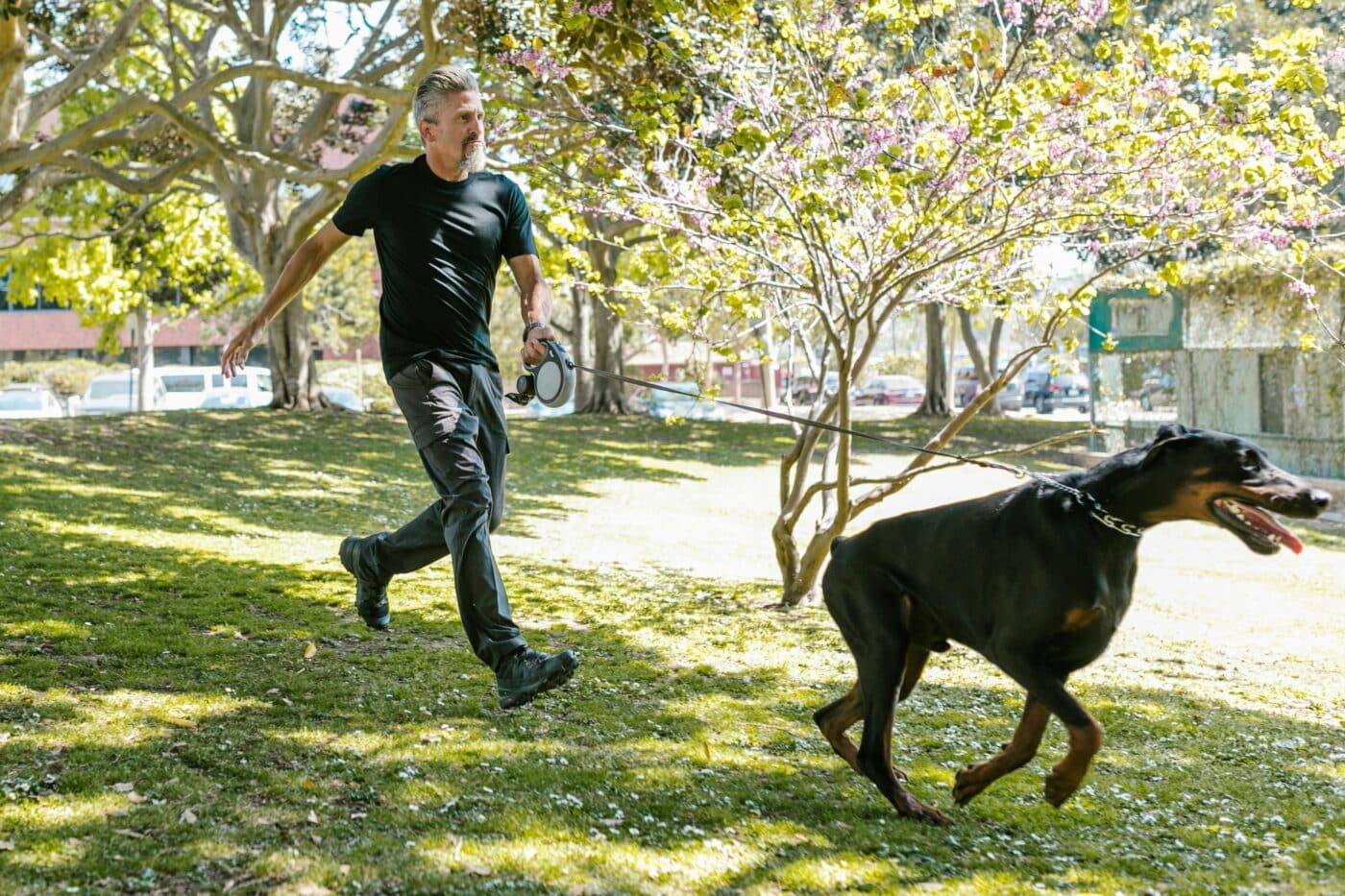 Shutterstock
Shutterstock
Whereas it’s true that almost all canines can study a variety of behaviors, the parable that every one canines will be educated to do something is deceptive. Every canine has its temperament, persona, and talents, which might affect what they’ll or can’t study. For instance, some breeds are naturally extra suited to sure duties than others on account of their historical past and instinctive traits. A Greyhound is probably not one of the best canine for an agility course, whereas a Border Collie would excel. Whereas all canines can study to obey primary instructions and socialize appropriately, anticipating each canine to turn into a champion obedience canine or carry out complicated tips is unrealistic. Understanding every canine’s strengths and limitations is important to efficient coaching.
Your Canine Ought to All the time Look You within the Eye to Present Respect
 Shutterstock
Shutterstock
Some trainers and canine homeowners consider {that a} canine’s willingness to make direct eye contact is an indication of respect and an vital aspect of coaching. Nonetheless, for a lot of canines, extended eye contact generally is a signal of aggression or a problem, particularly with unfamiliar people or in disturbing conditions. Whereas some canines might naturally take pleasure in eye contact and understand it as bonding, others may really feel threatened by intense stares. As a substitute of specializing in eye contact as a measure of respect, canine homeowners ought to prioritize creating a relaxed and cozy coaching atmosphere that respects the canine’s communication type. Constructing belief via constructive reinforcement, consistency, and endurance is a significantly better approach to set up a respectful relationship along with your canine.
Crate Coaching Is Merciless and Punitive
 Shutterstock
Shutterstock
Crate coaching has gained a status as a merciless observe, primarily on account of misunderstandings about its function and implementation. Some folks equate crates to cages or confinement, viewing them as punishment. Nonetheless, when used appropriately, crates are an extremely great tool in canine coaching, offering canines with a secure, safe house to relaxation and sleep. Crate coaching faucets right into a canine’s pure den instincts, as canines naturally search small, enclosed areas to really feel secure. It isn’t about isolation however about giving canines an area the place they’ll chill out and really feel snug. Used correctly, crate coaching might help with burglary, stopping harmful conduct, and selling good sleep habits. Like every coaching instrument, it ought to by no means be used as a punishment.
Older Canines Can’t Be Skilled
 Shutterstock
Shutterstock
There’s a false impression that older canines are set of their methods and might’t be educated or taught new tips. Whereas older canines might have established habits that take longer to interrupt, they’re nonetheless absolutely able to studying new behaviors. Coaching an older canine may require extra endurance and consistency, however with the best method, they’ll efficiently study instructions, tips, and behaviors. Coaching can present psychological stimulation and enhance their high quality of life as they age. It’s by no means too late to start out instructing an previous canine new tips.
You Ought to Let Puppies Do No matter They Wish to Stop “Rebellion”
 Shutterstock
Shutterstock
Many new canine homeowners consider that puppies must be allowed to do no matter they need of their early months to keep away from “rebellion” or resistance to coaching afterward. This fable means that strict guidelines or boundaries at a younger age will trigger the pet to turn into defiant as they get older. In actuality, puppies profit from studying boundaries and construction from the very starting. Coaching early on helps puppies perceive the principles and easy methods to behave in a human family. With out this basis, puppies might develop up confused and undisciplined, resulting in extra behavioral issues later. Beginning coaching early doesn’t stifle their spirit; it helps information them into well-adjusted adults.
All Canines Can Be Socialized within the Identical Approach
 Shutterstock
Shutterstock
Socialization is essential to a canine’s improvement, however not all canines are socialized in the identical method. Every canine has a singular temperament and tolerance for brand spanking new experiences. Some canines are naturally extra outgoing and luxuriate in assembly new folks and animals, whereas others could also be shy or fearful. Forcing a canine into social conditions earlier than they’re prepared can result in stress and nervousness. Correct socialization should be tailor-made to the person canine’s wants and luxury stage. Gradual publicity to new environments, folks, and animals, together with constructive reinforcement, might help canines construct confidence with out overwhelming them.
You Ought to By no means Let Your Canine Win
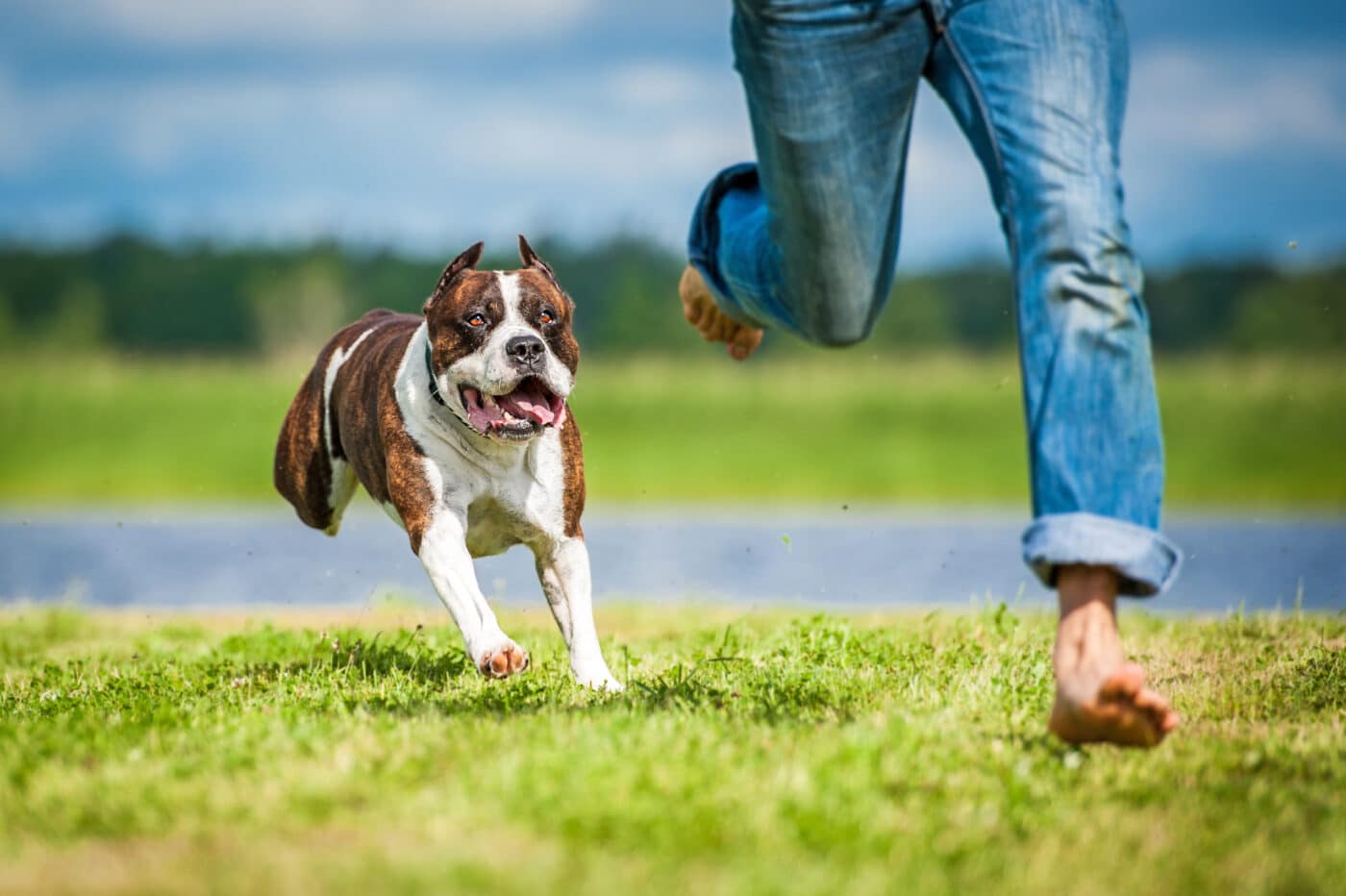 Shutterstock
Shutterstock
This fable usually seems when folks discuss dominance and coaching. The concept is that if a canine “wins” in a state of affairs, it would assume the position of the “alpha” and turn into unruly or disobedient. Nonetheless, trendy canine coaching dismisses the outdated concept of dominance-based coaching. Canines don’t view human relationships via a lens of hierarchy in the way in which some myths counsel. As a substitute of specializing in “winning” or “losing,” coaching ought to emphasize mutual respect, cooperation, and understanding. When canines are allowed to make selections inside a managed atmosphere, it doesn’t undermine their respect for his or her proprietor—it builds belief and reinforces constructive behaviors.
You Can’t Prepare a Canine With out Treats
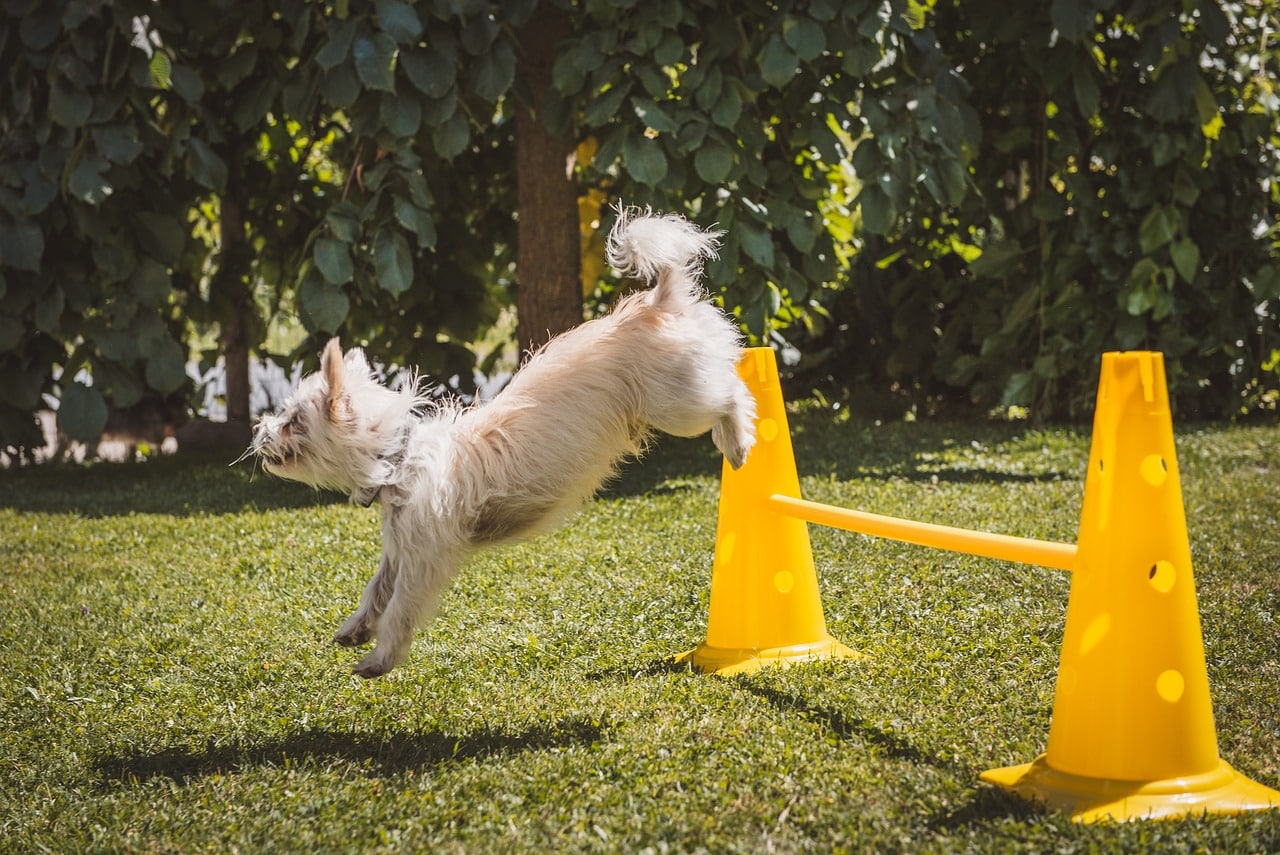 Shutterstock
Shutterstock
Whereas treats are an effective way to reward good conduct, the parable that treats are vital for canine coaching is solely unsuitable. Some canines are extra motivated by toys, reward, or play than by meals rewards. Moreover, as canines mature, they’ll study to reply to verbal cues, hand indicators, and different types of constructive reinforcement. Relying solely on meals treats can result in issues if a canine turns into overly food-focused or refuses to work with no deal with. The important thing to efficient coaching is discovering what motivates your canine and utilizing that as a reward, whether or not it’s meals, toys, or affection.
Coaching Ought to Be Finished in Brief Periods
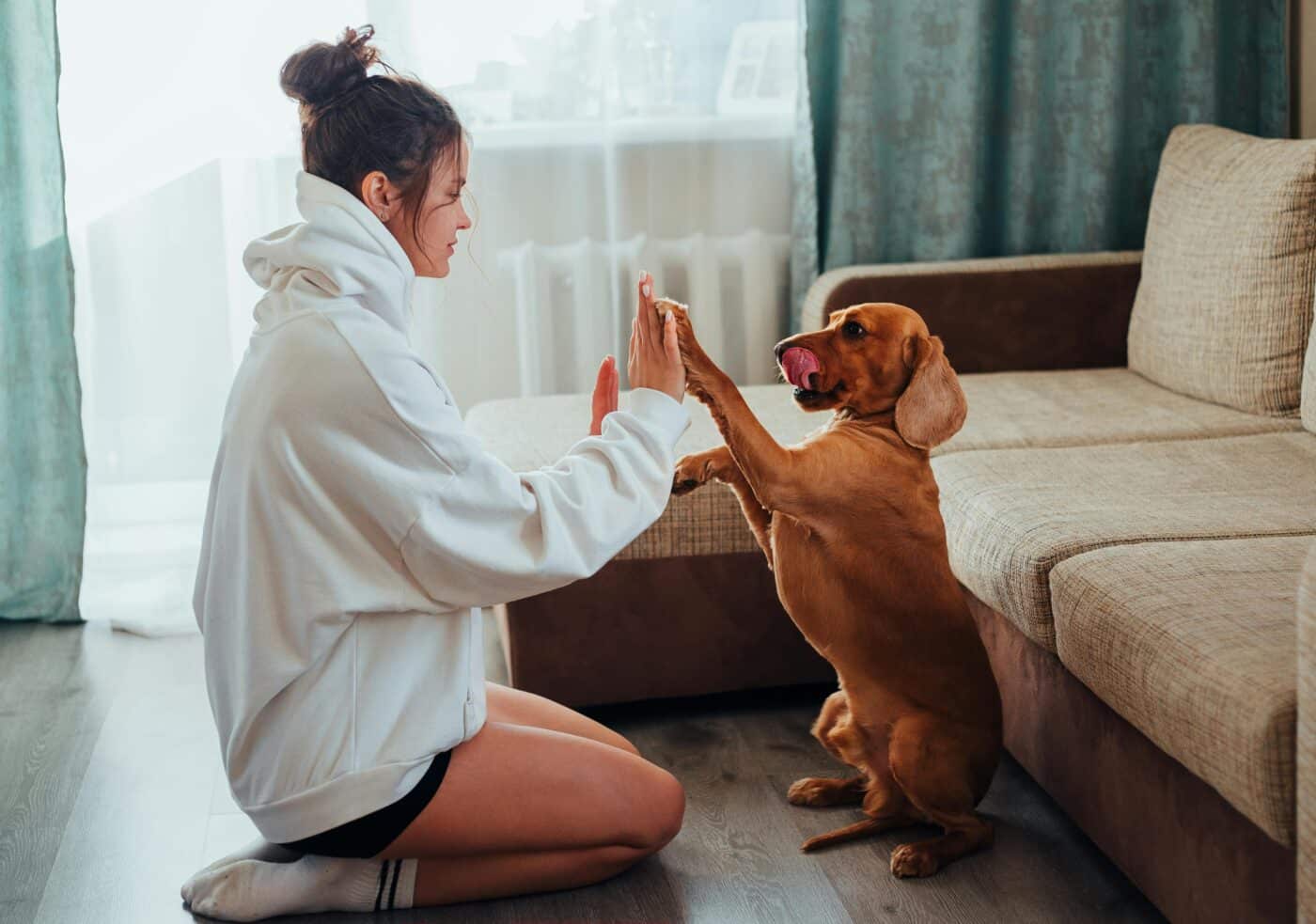 Shutterstock
Shutterstock
It’s frequent recommendation to maintain coaching classes quick and candy, sometimes beneath 10-Quarter-hour, to keep away from overwhelming the canine. Whereas shorter classes will be useful for puppies or canines with shorter consideration spans, it’s not a hard-and-fast rule. Some canines, notably older or extra centered breeds, can deal with longer classes in the event that they’re mentally engaged and rewarded appropriately. Conversely, some canines might get pissed off or fatigued throughout lengthy classes, which may end up in a lower in studying. A very powerful issue is the canine’s consideration span and stage of motivation, not a strict time restrict.
“Bad” Canines Are Simply Untrainable
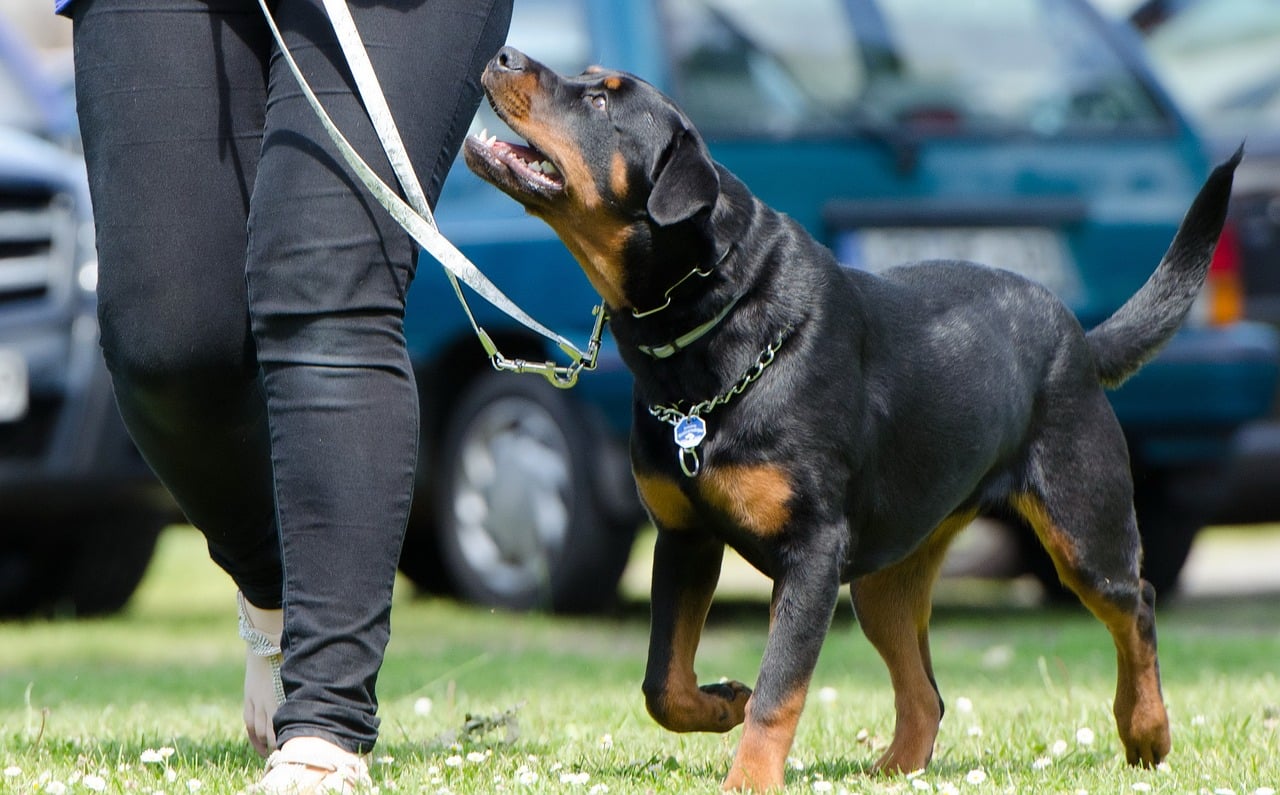 Shutterstock
Shutterstock
It’s simple to get pissed off with a canine that shows difficult conduct, however the fable that some canines are merely “bad” and untrainable couldn’t be extra unsuitable. Canines, like folks, have particular person personalities and temperaments. Many so-called “bad” behaviors are indicators of stress, worry, lack of socialization, or unmet wants. Most canines are trainable with the best methods and endurance. If a canine is scuffling with conduct, it’s vital to have a look at the underlying causes and alter the coaching method accordingly. With consistency, understanding, and the best instruments, most canines can study to exhibit good conduct.
Coaching Ought to Be Quick for Fast Outcomes
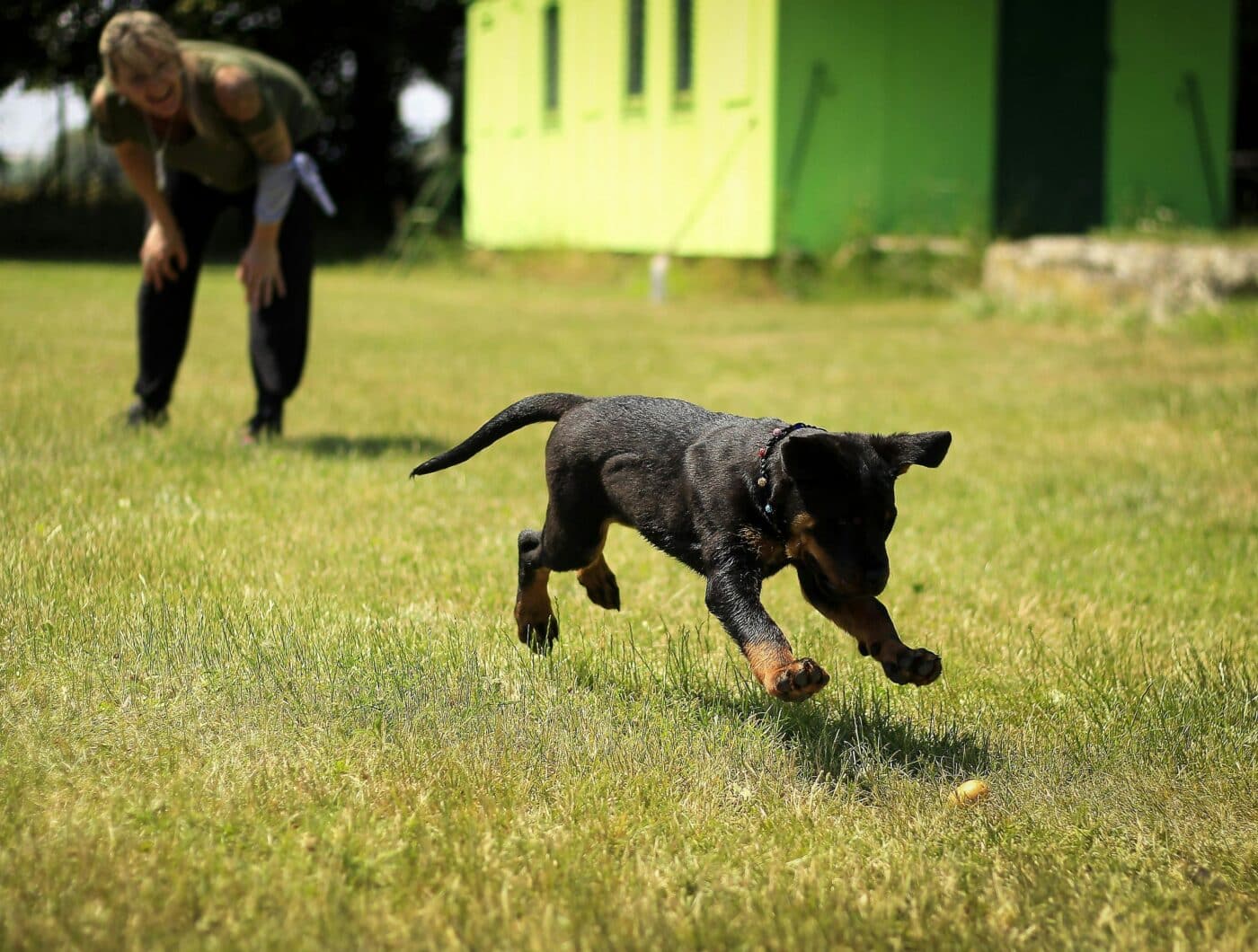 Shutterstock
Shutterstock
Anticipating quick outcomes from canine coaching is one other frequent fable. Whereas some behaviors could also be discovered shortly, most canine coaching takes time and consistency. Canines don’t sometimes study new behaviors in a number of days or perhaps weeks, and homeowners have to set reasonable expectations. Coaching is a course of that entails repetition, reinforcement, and gradual progress. Canines want time to know and internalize what is anticipated of them. Attempting to hurry the method usually results in frustration for each the canine and the proprietor. Endurance, consistency, and time are important to reaching lasting outcomes.
The Tail-Finish Truths About Canine Coaching Myths
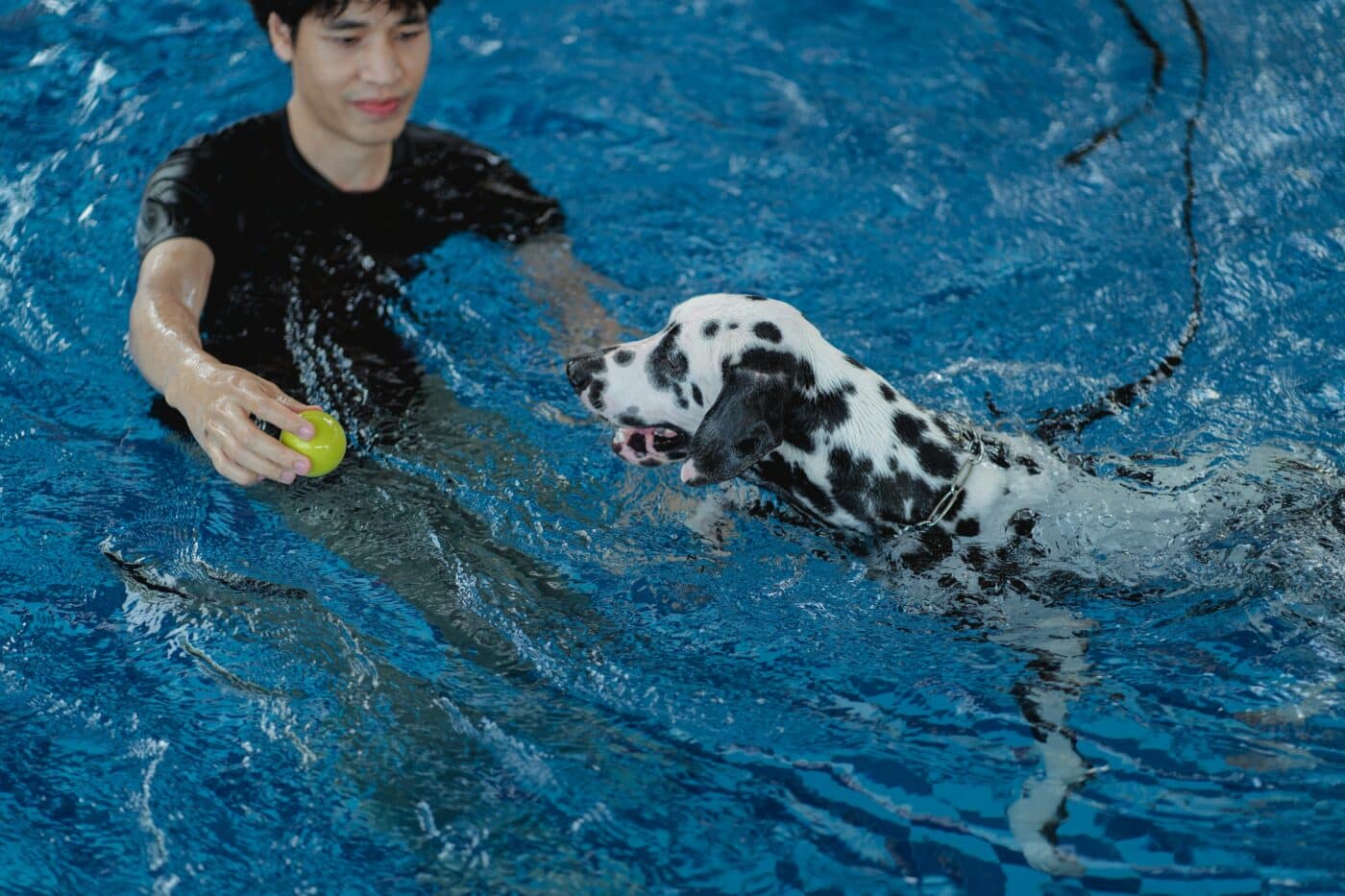 Shutterstock
Shutterstock
Nicely, people, we’ve busted an entire slew of myths which have doubtless been circulating since your great-grandparents’ time. From the concept crate coaching is merciless (spoiler: it’s not) to the parable which you can’t train an previous canine new tips (you’ll be able to!), we have to cease believing every part we hear about canine coaching. A very powerful takeaway? Every canine is exclusive, and coaching must be tailor-made to their particular wants, temperaments, and talents. So, subsequent time you hear a canine coaching fable, simply keep in mind to pause, suppose critically, and perhaps double-check with an knowledgeable. The very best coaching comes from understanding, endurance, and rather less myth-busting!






